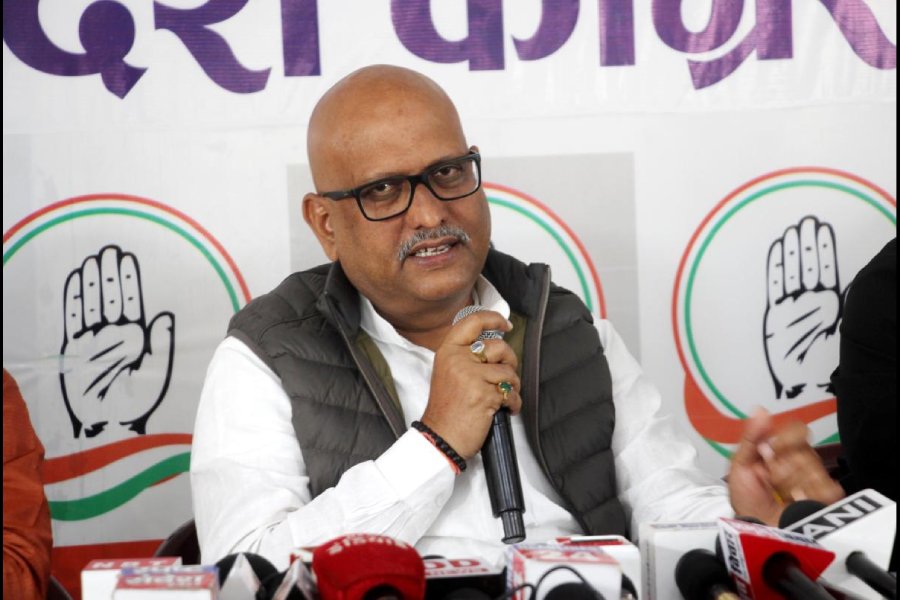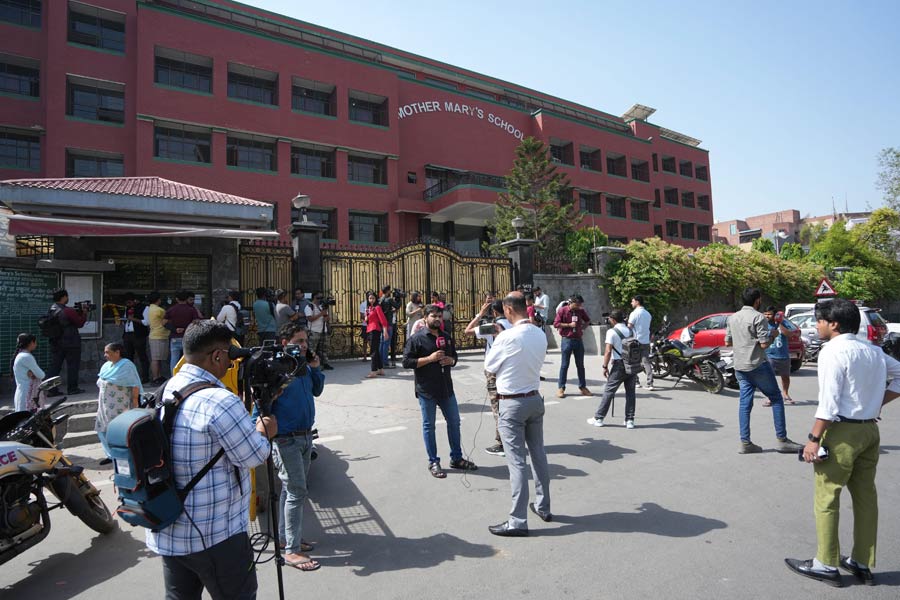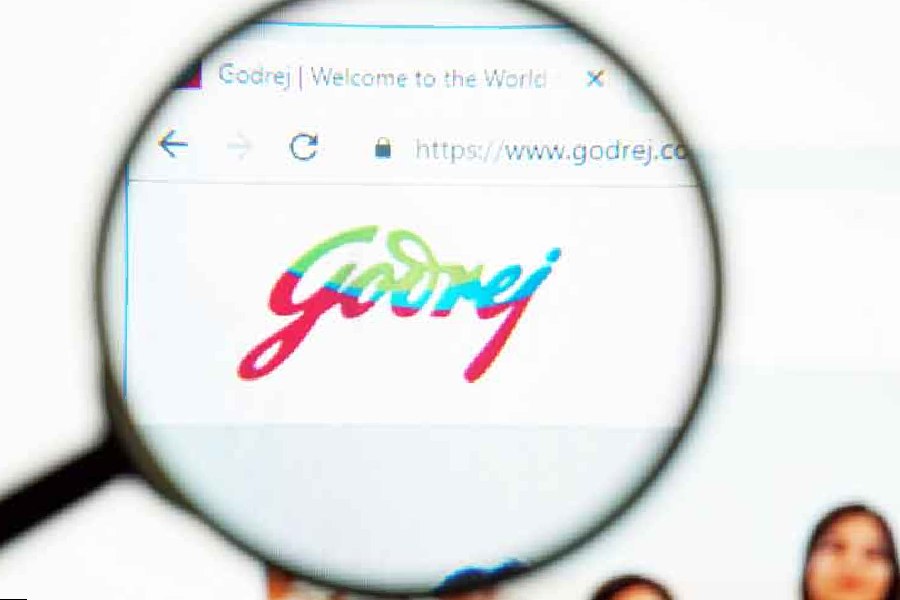The Trinamul Congress and the Bharatiya Janata Party have made their election manifestos public. The winner is supposed to deliver public goods, such as defence, primary education, health, poverty eradication, and so on. Only a government can provide public goods. In the light of the electoral promises made by the political parties, it is important to assess the degree of ‘publicness’ of the goods promised in the manifestos.
Some of the electoral promises may be interpreted as privatized public goods in contrast to pure public goods. The privatization of public goods implies the provision of public goods targeted at a section of the population with tangible and immediate benefits. This act of privatization of public goods is known as political clientelism. The lack of education and awareness as well as the desperation amongst people to get benefits entice them towards privatized public goods instead of pure public goods, resulting in the lower provision of the latter.
I have divided the major electoral promises of the TMC and the BJP to separate promises of privatized public goods from those of pure public goods. Assurance of a monthly basic income to female heads and Rs 10,000 per acre per annum to small and marginal farmers by the TMC fall in this category. The BJP’s assurances like the annual transfer of Rs 10,000 to refugee families, Rs 6,000 to fishermen and the continuation of the PM-Kisan Samman Nidhi Yojana fall in this category too. The BJP’s promises of 33 per cent reservation in government jobs for women, free education for girls and free public transport for women limit the benefits to females only but the benefits are tangible and immediate. Free doorstep delivery of ration and Rs 5 per meal — the TMC’s pledges — offer immediate relief instead of addressing endemic poverty. The TMC’s student credit card targets the youth; the implementation of the Ayushman Bharat Yojana as promised by the BJP gives immediate benefits to tertiary healthcare seekers without caring about core public health initiatives. The assurance of effective implementation of the Seventh Pay Commission by the BJP would appeal primarily to government servants while the Citizenship (Amendment) Act and immigration curbs delimit the access to public goods and benefit certain groups directly.
Contrastingly, the promise of more jobs, industries and MSMEs, increasing irrigated areas, uplifting the annual per capita income for people below the poverty line are important promises by the TMC towards the provisioning of broad-based public goods. Similarly, the BJP’s promise of a common admission test for all state government jobs makes access to public employment fair for everyone. The TMC has fewer assurances for education as a pure public good. Both TMC and BJP have promises in health, but the TMC’s promises — doubling health spending from 0.83 per cent to 1.5 per cent of the state GDP and establishing medical college-cum-super speciality hospitals in 23 district headquarters — have far-reaching implications. The BJP has talked of creating three AIIMS. The TMC offers greater pure public goods in agriculture — increase in cultivable land, cropping intensity and agricultural productivity — apart from assuring low-cost housing in urban and rural areas, piped drinking water, drainage, all-weather roads and 24x7 electricity in the sphere of basic services. The BJP has pledged to create a Sonar Bangla fund worth Rs 11,000 crore and constitute task forces to curb illegal and criminal activities. The analysis shows that the TMC has promised more pure public goods while the BJP has offered greater privatized public goods.
Politicians are constrained in their efforts to provide pure public goods. The only way to make politicians deliver pure public goods is by raising awareness about the nature of their promises and their implications. If the pros and cons of different public goods are communicated effectively, then people would prefer long-term gains with higher implications for upward mobility than sops yielding short-term benefits. There should also be a process of evaluation of the provision of pure public goods. Independent agencies must create developing metrics instead of devising electoral campaign strategies for political parties. Pro-democratic crowd funding may be used to finance the initiative.










